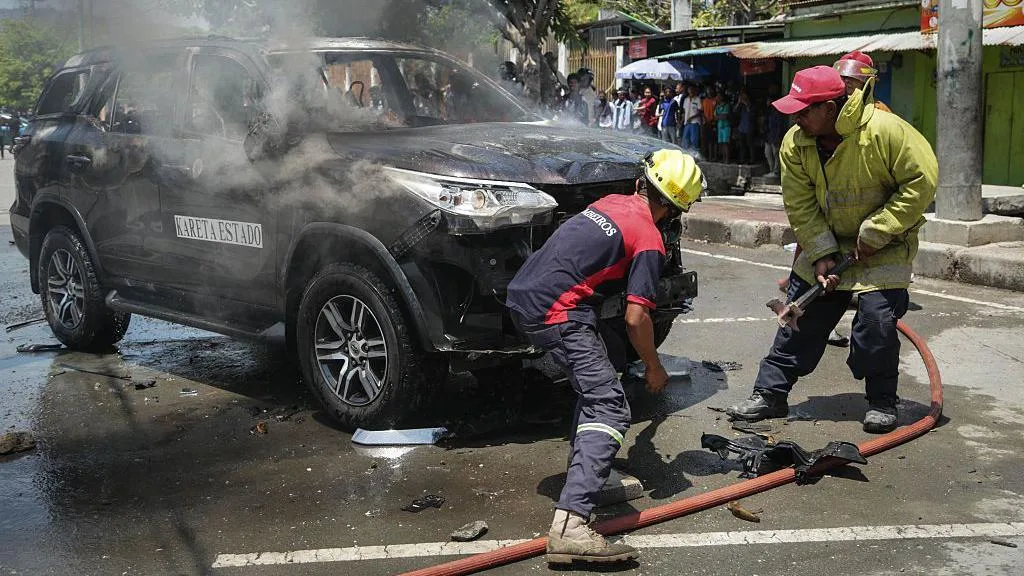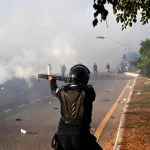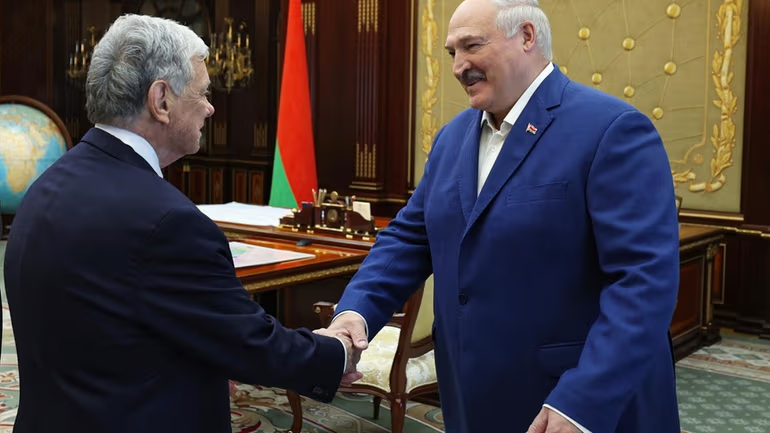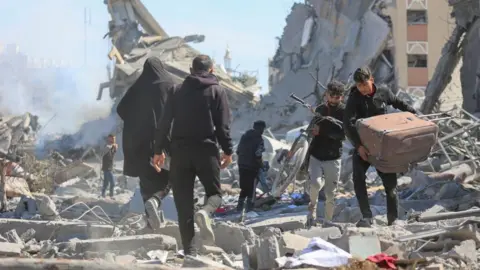Timor-Leste, a young democracy in Southeast Asia, has often been praised for its resilience, grassroots activism, and determination to rebuild after decades of conflict and colonial rule. But recently, the country’s political leadership faced a storm of public anger over a controversial proposal: providing free luxury cars to members of parliament (MPs).
- The Controversial Free Car Plan
- Public Reaction and Outrage
- Government Response and Decision to Cancel
- Why the Backlash Was So Strong
- What This Means for Democracy in Timor-Leste
- Economic Context: Why Resources Matter
- Comparisons with Other Countries
- Looking Ahead: Building Trust and Accountability
- FAQs
- Why did Timor-Leste propose free cars for MPs?
- How did citizens protest the car plan?
- What does this episode reveal about democracy in Timor-Leste?
- Will MPs receive any alternative support for transportation?
- Could this controversy affect future government policies?
- Conclusion
The plan, seen by many as a misuse of state resources in a nation still grappling with poverty and economic hardship, triggered an uproar that spread across social media, civil society groups, and local communities. Within days, the government was forced to back down. The cancellation of the free car scheme is more than just a reversal of policy—it has become a symbol of how citizen voices can challenge political privilege in a fragile democracy.
This article explores the background of the decision, the political and social context in Timor-Leste, the nature of the public backlash, and the implications for governance, accountability, and the future of democracy in the country. By looking at the facts, expert opinions, and historical context, we can better understand why this episode matters not only for Timor-Leste but also for other emerging democracies facing similar challenges.
The Controversial Free Car Plan
The proposal at the center of the controversy involved providing free, government-funded vehicles for all members of parliament. Reports indicated that each MP would receive a car, many of which were expected to be high-end four-wheel drives suitable for Timor-Leste’s rugged terrain. Official statements suggested that the vehicles were intended to facilitate MPs’ duties, particularly traveling to remote constituencies.
However, critics argued that the plan was unnecessary and wasteful, especially in a country where many citizens struggle with inadequate healthcare, poor infrastructure, and limited job opportunities. According to World Bank data, nearly 42% of Timor-Leste’s population lives below the poverty line. For many, the idea of politicians receiving expensive perks while ordinary families faced daily hardships highlighted a glaring disconnect between leaders and the people they represent.
Public Reaction and Outrage
The public response to the plan was swift and fierce. Civil society organizations, activists, and ordinary citizens took to the streets and online platforms to voice their opposition. Social media campaigns under hashtags calling for accountability gained traction, reflecting growing frustration with political elites.
What made the backlash particularly powerful was its cross-generational appeal. Young Timorese, many of whom feel excluded from economic opportunities, joined forces with older citizens who had fought for independence and expected leaders to embody humility and sacrifice. The symbolism of flashy new cars, seen as rewards for MPs at the taxpayer’s expense, stood in stark contrast to the ideals of solidarity and service that guided the country’s independence movement.
One university student was quoted in a local newspaper saying, “We fought for freedom, not for politicians to drive in luxury while our schools have no books.” Statements like this echoed throughout the public discourse, making it clear that the issue was about more than just cars—it was about fairness, justice, and the integrity of governance.
Government Response and Decision to Cancel
Faced with growing discontent, the government acted quickly to defuse tensions. Within days of the backlash, officials announced the cancellation of the plan. Prime Ministerial spokespeople framed the reversal as a response to public opinion, emphasizing that leaders had listened to the people and valued their feedback.
This decision was a significant political moment. By backing down, the government signaled that it could not afford to ignore the rising power of public scrutiny. At the same time, it demonstrated that in Timor-Leste’s evolving democracy, policies cannot be divorced from citizen expectations. While some MPs privately expressed disappointment at losing the perk, the overall message from the government was one of respect for public sentiment.
Why the Backlash Was So Strong
The intensity of the opposition to the car plan can be traced to several interlinked factors:
Economic Inequality
Despite progress since independence in 2002, Timor-Leste remains one of the poorest countries in Asia. Unemployment, especially among youth, is high, and rural areas often lack access to clean water, reliable electricity, and healthcare services. The sight of government officials benefiting from taxpayer-funded luxuries struck many as deeply unjust.
Historical Legacy
Timor-Leste’s struggle for independence was rooted in ideals of equality and collective sacrifice. Citizens remember the years of hardship under occupation and the sense of shared purpose that brought them freedom. In this context, lavish perks for politicians clash with the historical narrative of selfless leadership.
Rise of Civil Society and Media
The growth of civil society organizations and independent media in Timor-Leste has given citizens more tools to challenge government policies. Social media, in particular, played a crucial role in amplifying voices and building momentum against the car plan.
Regional Comparisons
Observers also pointed out that neighboring countries in Southeast Asia have seen similar controversies over political privilege. In Indonesia and the Philippines, for instance, debates over lawmakers’ perks have triggered public debates about corruption and accountability. Many Timorese felt their country should learn from these examples and avoid repeating the mistakes of others.
What This Means for Democracy in Timor-Leste
The cancellation of the free car scheme is more than just a victory for taxpayers—it represents a critical milestone in the maturation of Timor-Leste’s democracy. Several important lessons emerge from this episode:
- Public Accountability Matters: Politicians are being reminded that their decisions are subject to public approval, and ignoring citizens’ voices carries political risks.
- Civil Engagement Is Growing: The strength of the backlash shows that Timorese citizens, particularly youth, are increasingly willing to hold leaders accountable.
- Trust Is Fragile: In a young democracy, trust between citizens and leaders can be easily damaged. Transparency and responsiveness are essential to maintaining it.
According to political analyst José Ramos, “This event shows that democracy in Timor-Leste is alive. People are no longer passive observers. They expect leaders to prioritize the needs of the people, not themselves.”
Economic Context: Why Resources Matter
At the heart of the controversy is the issue of resource allocation. Timor-Leste is heavily reliant on oil and gas revenues, which have been declining in recent years. The country’s Petroleum Fund, established to manage resource wealth, is under strain as government spending outpaces income. Experts warn that without economic diversification, Timor-Leste could face significant financial challenges in the future.
Spending millions of dollars on vehicles for MPs in such a context raised legitimate concerns about fiscal responsibility. Citizens questioned whether such expenditures aligned with the nation’s long-term needs, such as investing in education, infrastructure, and job creation. The backlash forced policymakers to confront the reality that every dollar spent on political perks is a dollar not spent on national development.
Comparisons with Other Countries
The controversy in Timor-Leste is not unique. Around the world, citizens often react strongly to perceived political excess. For example:
- In Kenya, public outrage erupted when parliamentarians voted themselves salary increases while citizens faced rising costs of living.
- In Brazil, criticism mounted over lawmakers’ generous allowances during a period of economic crisis.
- In South Korea, debates continue about the perks and privileges of government officials relative to average incomes.
These examples underscore that questions of fairness, privilege, and accountability are universal in democracies, whether young or established. Timor-Leste’s experience is part of a broader global pattern of citizens demanding greater transparency from their leaders.
Looking Ahead: Building Trust and Accountability
The challenge for Timor-Leste now is to ensure that the lessons of this episode translate into long-term reforms. Experts suggest several steps:
- Strengthening Public Consultation: Policies should be debated openly with input from civil society and citizens before being implemented.
- Transparent Budgeting: Publishing detailed government budgets can help build trust and reduce suspicions of misuse.
- Focusing on Development Priorities: Redirecting resources toward healthcare, education, and infrastructure can demonstrate leaders’ commitment to citizens’ needs.
- Institutional Reforms: Building stronger institutions for oversight, such as anti-corruption bodies, can prevent similar controversies in the future.
FAQs
Why did Timor-Leste propose free cars for MPs?
The government argued that cars were necessary to help MPs perform their duties, especially traveling to remote constituencies. However, critics felt the plan was excessive and poorly timed given the nation’s economic challenges.
How did citizens protest the car plan?
Citizens organized demonstrations, voiced opposition through civil society groups, and launched social media campaigns. The digital space played a particularly important role in amplifying voices and mobilizing support against the plan.
What does this episode reveal about democracy in Timor-Leste?
It shows that democracy in Timor-Leste is strengthening, with citizens actively engaging in governance. Public pressure forced the government to reverse a policy, demonstrating that leaders are not immune to accountability.
Will MPs receive any alternative support for transportation?
Officials have not confirmed specific alternatives, but discussions are ongoing about more cost-effective ways to support MPs’ mobility without sparking public anger. Options may include shared vehicles or stricter expense guidelines.
Could this controversy affect future government policies?
Yes. Leaders are likely to be more cautious about proposing perks for officials. This controversy has set a precedent, showing that citizens can successfully challenge policies seen as unfair or wasteful.
Conclusion
The cancellation of Timor-Leste’s free car plan for MPs marks a turning point in the country’s democratic journey. It is a powerful example of how collective citizen action can influence policy and hold leaders accountable. More than just a debate about vehicles, the controversy reflects deeper questions about fairness, transparency, and the role of leaders in a society still striving to overcome poverty and build a sustainable future.
For Timor-Leste, the episode serves as a reminder that democracy is not only about elections but also about continuous dialogue between citizens and their representatives. The people have spoken, and their message is clear: leadership must serve the people, not privilege itself.









